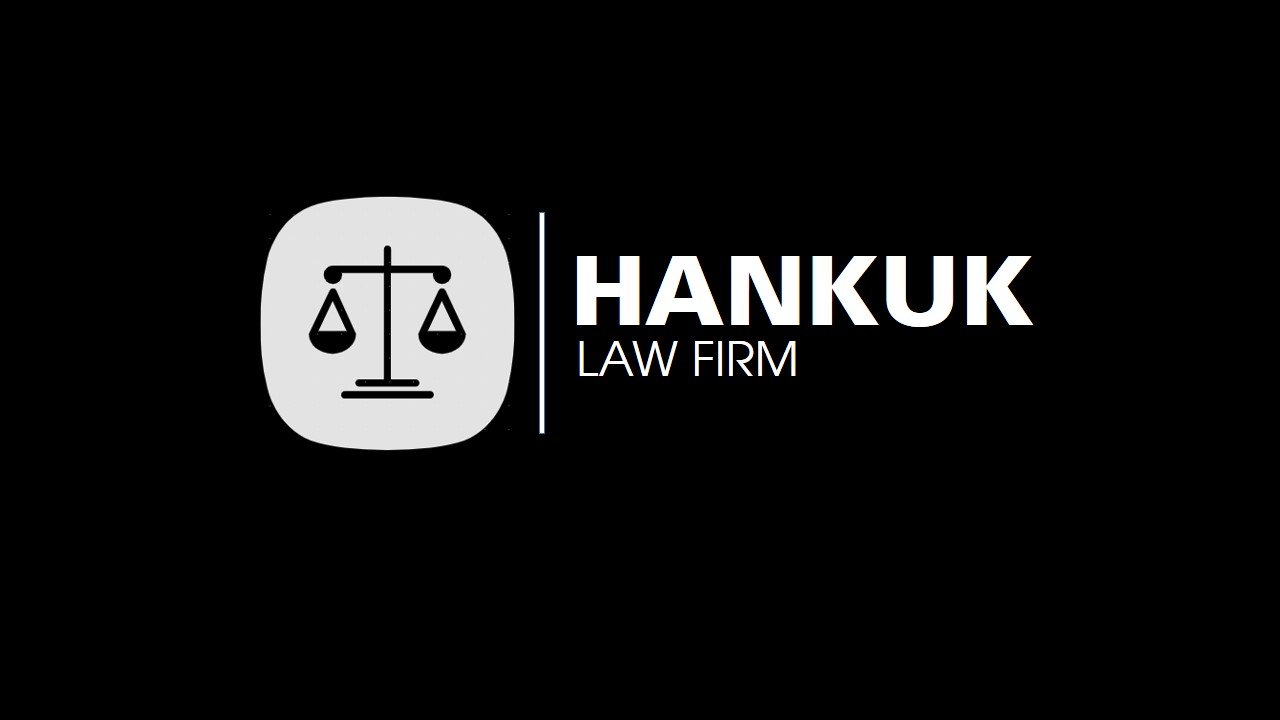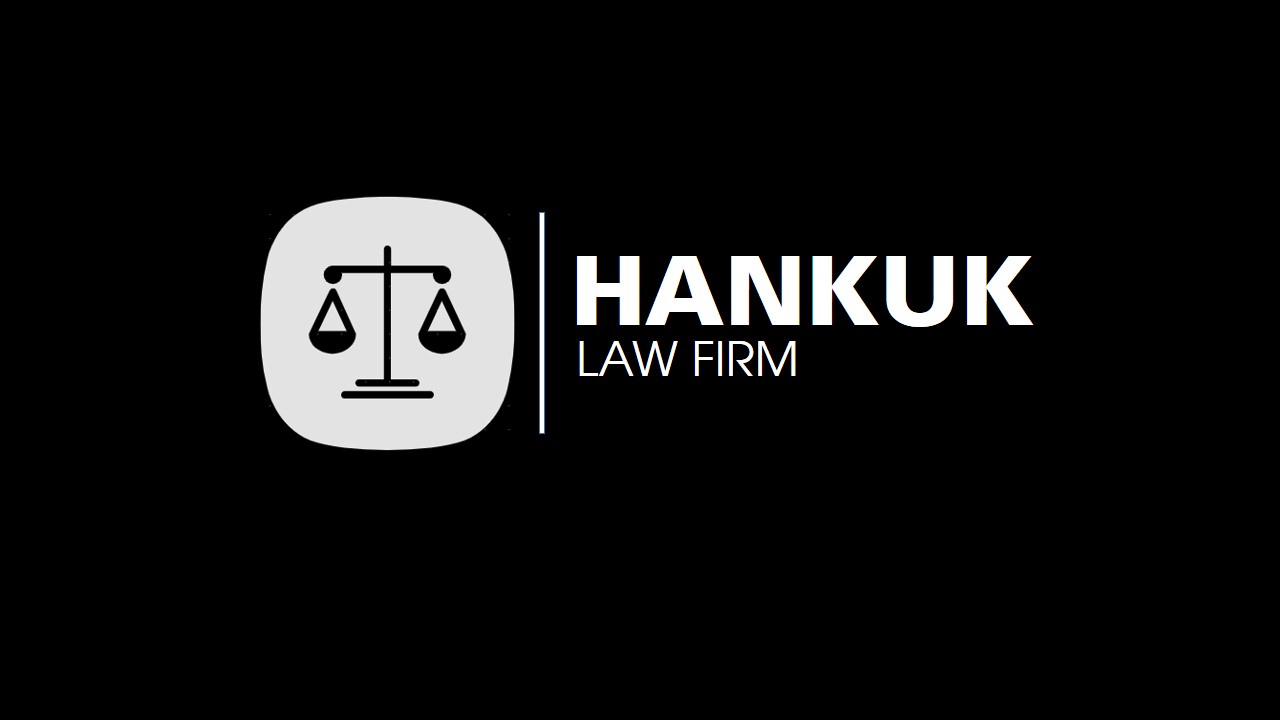CASE NOT ENTITLED TO INHERIT
In some cases, even though they have a marriage or bloodline relationship with the testator, the individual is still not entitled to inheritance.
Contents
I. INHERITANCE
Inheritance is the property left by the dead to the living.
- According to Article 612 of the 2015 Civil Code regulation:
“An estate comprises property which the deceased owned and property which the deceased jointly owned with other persons.”
- Besides, Article 105 of the Civil Code 2015 regulation:
“1. Property comprises objects, money, valuable papers and property rights.
2. Property includes immovable property and movable property. Immovable property and movable property may be existing property or off-plan property.”
II. CASES NOT ENTITLED TO THE INHERITANCE HOUSE AND LAND
According to Article 621 of the 2015 Civil Code, persons are not entitled to inherit, as well as the right to inherit house and land, including:
- Case 1: Persons convicted of having intentionally caused the death of or harmed the health of the deceased, of having seriously mistreated or tortured the deceased, or of having harmed the honor or dignity of the deceased.
- Case 1: Persons having seriously breached their duty to support the deceased.
- Case 3: Persons convicted of having intentionally caused the death of another heir in order to obtain all or part of the entitlement of such other heir to the estate;
- Case 4: Persons deceiving, coercing or obstructing the deceased with respect to the making of the will, or forging, altering or destroying the will in order to obtain all or part of the estate contrary to the wishes of the deceased.
However, this persons inherit the estate if the deceased was aware of such acts but, allowed them to inherit the estate under the will
About Us, Hankuk Law Firm

■ Hankuk Law Firm – Introduction
The goal of the legal services provided by HANKUK LAW FIRM is to support businesses, investors, and people. Our organization employs skilled Korean lawyers, partners, and professionals to provide legal services to businesses related to corporations and litigation.
To support the startup process, our lawyers and staff provide a wide range of services, including business law consulting, tax and immigration law consulting, real estate services, business consulting, marketing and communications, human resources, product distribution, franchise options, etc. We provide expert advice on every aspect of your business needs.
To protect the legitimate rights and interests of our clients and achieve the best results, we provide legal advice and participate in civil lawsuits related to business, labor, marriage, family, and inheritance.
■ Contact us now

For reliable and effective legal advice, please contact HANKUK LAW FIRM now. We are committed to providing you with the best possible answers and our team of experienced lawyers has extensive knowledge in many legal fields. We are always here to provide the most competent and dedicated support, whether you are dealing with contractual issues, commercial disputes or need guidance on foreign investment. HANKUK LAW FIRM is honored to have assisted hundreds of domestic and international clients in skillfully resolving complex legal issues as their trusted legal partner. Do not let legal issues hinder your success. Let us accompany you towards legal achievement and comfort. For prompt guidance and support to ensure your rights are always maintained at the highest standards, contact HANKUK LAW FIRM now.
■ Contact Hankuk Law Firm:
| Website: http://hankuklawfirm.com/en/
FB: https://www.facebook.com/hankuk.lawfirm Tiktok: https://www.tiktok.com/@hankuklawfirm Youtube: https://www.youtube.com/@hankuklawfirm6375 Email: info@hankuklawfirm.com SĐT: 0942.339.063 |
 |

